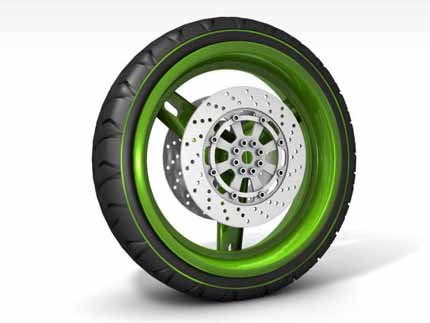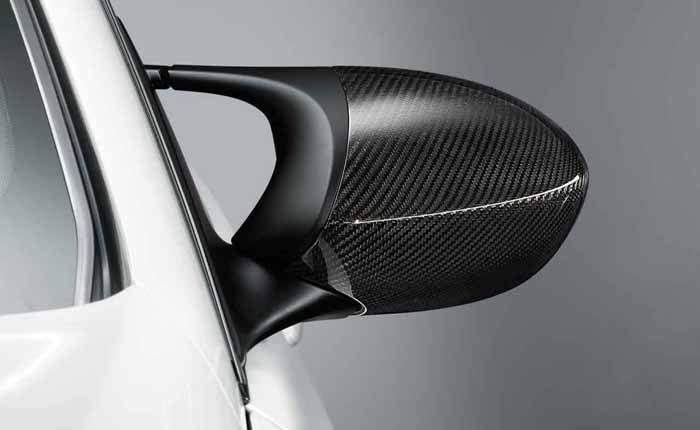One of the most significant advantages of composite material is its ability to withstand the extreme temperatures and weights of space. Weight is the number one concern for space applications, as every pound adds up to thousands of dollars. The use of composite materials for space applications can make them lighter and more affordable.
Resistant to corrosion

A composite material is corrosion resistant if it has the proper composition and adheres to industry standards. Some of these standards are established by ASTM International and the American Society of Mechanical Engineers (ASME). These standards address basic questions regarding design, materials, and construction.
Resistant to wear
Wear resistance is an important property for a component that needs to withstand high loads and be able to perform its function over time. This property is related to the composition of the material and the amount of reinforcement. The reinforcement is added to improve its strength and durability. It can also help in reducing the frictional coefficient of the material.
Durable
Durability refers to the ability of a material to maintain its properties under adverse conditions and is often expressed as its “lifetime.” A durable material is water-resistant and thermally stable.
Non-magnetic
A non-magnetic material is one that is resistant to magnetic fields and does not attract other magnetic objects. This makes it a perfect material for building warships because it can prevent magnetic mine torpedo attacks. This material also has a variety of other advantages, such as good high temperature resistance and excellent shock absorption. Plastic honeycomb composite material is one example of such a material. It has been widely used in boats due to its various properties, including its ability to resist high temperatures, Check out the post right here.
Increased performance
Composite materials are made up of fibers and a matrix material, usually a polymer resin. Fibers have tensile strength, while the matrix material is tough and malleable. These properties counteract the weakness of the polymer resin, which is prone to damage.
Fuel savings
Composite materials can make cars lighter, thus reducing fuel consumption. Carbon fibre composites, for example, can weigh just one fifth of steel, while retaining the same strength. They can also make car seat components up to twenty to forty percent lighter than conventional metal. Lightweighting a car will help it consume less fuel and conserve the environment.
Conclusion:
There are many benefits of using composite materials in construction. They can be durable, non-magnetic, and fuel efficient, making them a worthwhile choice for any project.

